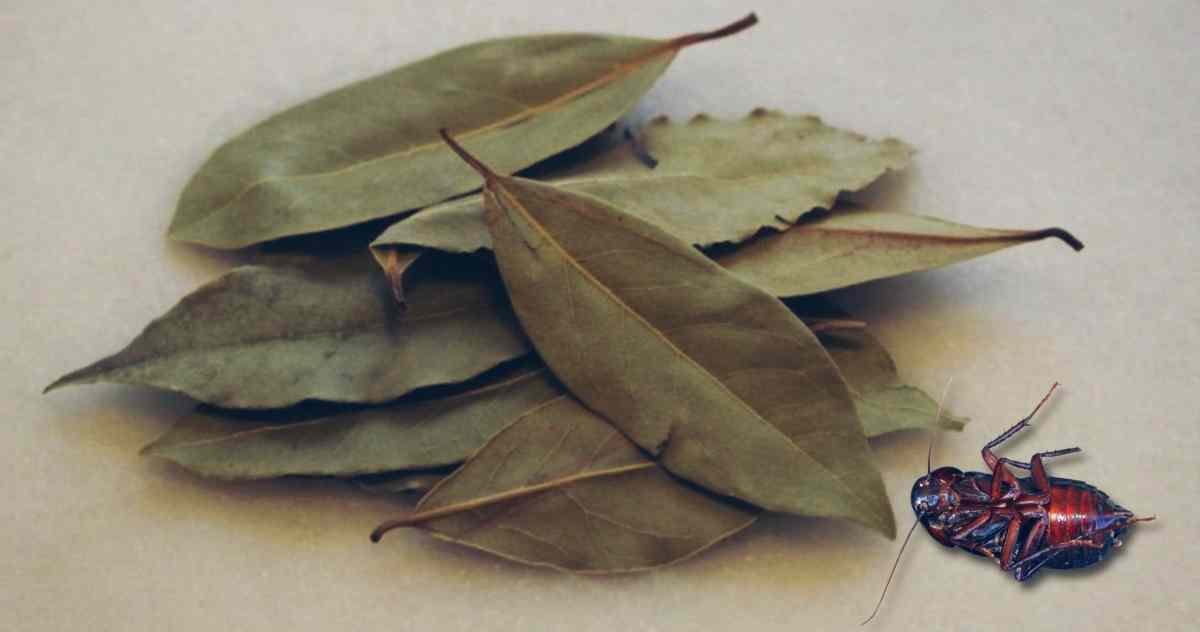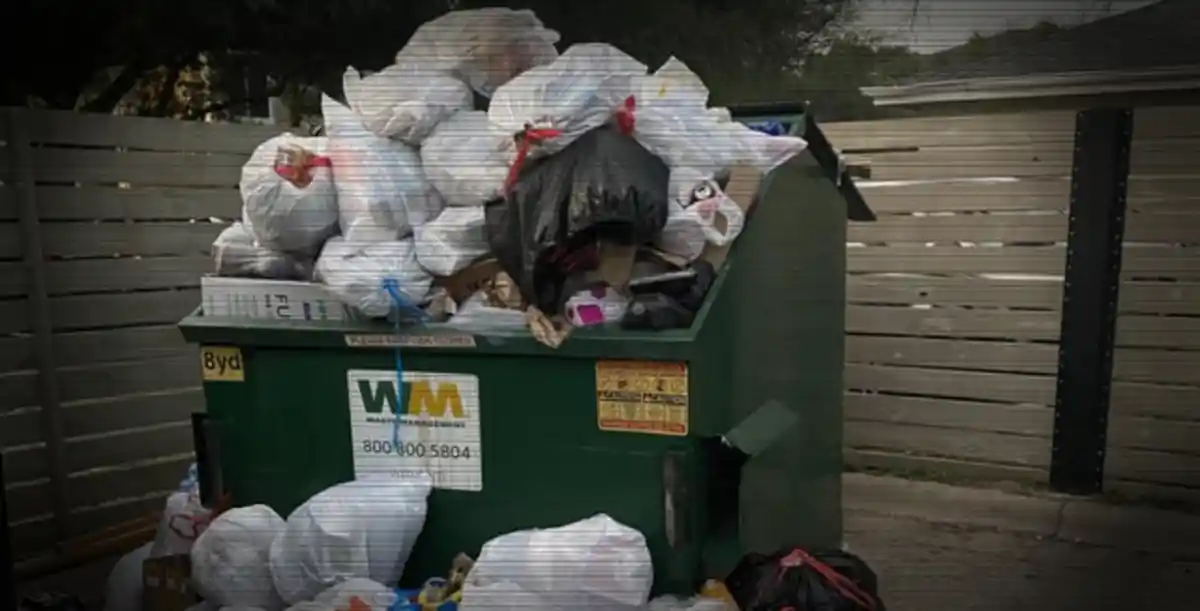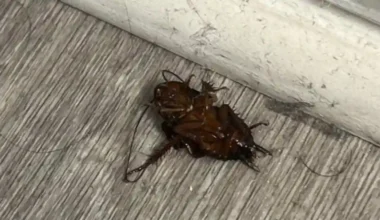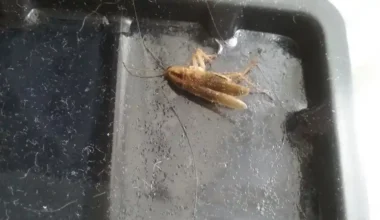Talk of “persistent pests”, that’s roaches for you. So, you need to be able to tell if roaches are dying if you recently started or ended the treatment. These critters can be difficult to eradicate. The problem with these cockroaches is that once they infest a property, it becomes highly challenging to get rid of them. Moreover, if you roach problems, it’s likely that your neighbors do too, and the same applies to their next-door neighbors.
How to tell if roaches are dying

Below are the indicators that will help you know whether your efforts to control their population it paying off or not.
1. You saw dead roaches
The presence of dead roaches in your home is a sign that roaches are dying. You can find roaches that died in hard-to-reach areas such as cracks or crevices where they died due to the chemical treatment.
But this is also not to say that seeing dead cockroaches means the problem has been resolved. This is because cockroaches can lay hundreds of eggs in their lifetime and have rapid population growth. Per the Regents of the University of Minnesota, an egg case contains between 16 to 50 eggs, depending on the species.
2. Reduced activity
If you’ve noticed fewer roaches scurrying around your property, that’s a good sign to tell if the bait works and roaches are dying. Roach activity levels decrease as they die, and you’ll see fewer of them.
Nevertheless, cockroaches can be resilient pests and can hide in hard-to-reach areas which makes it tougher to know if they are still present. That’s to say that the reduced roach activity you’re experiencing could be due to a change in their habitat, or food source, and not just your current pest control treatment.
Keep in mind that roaches can quickly adapt and start reproducing again if you don’t follow proper measures to eliminate them permanently.
3. Reduced grooming
Reduced roach grooming is a sign that cockroaches have gone but not always foolproof. Roaches are known to groom themselves regularly to clean their antennae and legs to help them detect food and potential threats. So, apart from pesticide exposure, they can also stop grooming due to stress or sickness.
4. You see them moving slowly
Generally, cockroaches move quickly, but when they are dying, they become sluggish and slow. According to Robert Full, a professor of integrative biology, “They have fast relay systems that allow them to dart away quickly in response to light or motion at speeds up to 50 body lengths per second, which is equivalent to a couple of hundred miles per hour, if you scale up to the size of humans,”—Berkeley University of California.
Also, if you notice that they can’t jump or climb as high as they normally do, it means that they are dying and your treatment is working.
5. Changes to their skin color
Roaches are usually dark brown or black, but their color can change when they are dying from pesticides. Seeing roaches that are a lighter shade of brown, or even gray can mean that they are dying.
Note that a change in cockroach color does not necessarily mean that they are gone, it could also mean that the cockroach is molting.
Meanwhile, your use of insecticide could also be making the insect much stronger. The findings on the National Geographic Society website explain that German cockroaches, for example, get even stronger with pesticides.
6. The roaches you see behave strangely
Normally, when roaches are dying, they may exhibit behaviors such as aimless wandering or lying on their backs since their ability to navigate and make decisions have reduced due to your chemical treatments. You should see them crawling in your walls, countertops, walls, and floors.
Moreover, cockroaches are nocturnal and are typically not seen during the day. If you see a roach during daylight hours, it’s a sign that your treatment is killing them, and sending them out of their comfort zones.
How long does it take for a cockroach to die after treatment?
After treatment, you may notice an increase in the number of cockroaches in your home. This does not mean that the treatment failed, but instead means that it is working and killing the pests. What your insecticide has done is caused the roaches to leave their hiding places and come out into the open as they are dying.
Moat experts have claimed that chemicals in the insecticide cause muscle spasms and disorientation before finally killing the cockroaches. In some cases, it takes several weeks for the treatment to fully get rid of the cockroaches in your home.
That said, how long it takes for cockroaches to die after treatment depends on several factors, including the species of roach and the severity of the infestation. For example, it may take up to 5 weeks to fully eliminate German cockroaches, but you can expect their population to reduce by 70% to 80% in the first week. Regarding infestation, severe infestations potentially take longer and multiple treatments for roaches to die.
Keeping roaches at bay
Do the following to keep cockroaches from returning:
1. Identify their hideouts
Start by locating their hideouts. Cockroaches typically hide under the sink, behind the refrigerator, on shelves, in crevices, inside closets and cabinets, and in bathrooms.
2. Apply boric acid
Boric acid can help eliminate or keep cockroaches from returning, and even naturally eliminates them from your car. To create a boric acid solution for cockroaches, just mix the powder with water and sugar. The sugar will act as a lure for cockroaches and other insects, while the boric acid will kill them after they eat it. Make sure to sprinkle boric acid in any areas where roaches hide or congregate to get rid of them.
3. Set traps
To control the roach population, use baits and traps. There are many options available, including roach sprays, gel baits, and sticky pads, which can be purchased from local stores.
4. Repel them
Prevent future infestations by sealing all potential entry points. Apply caulk or sealant to cracks and crevices to block cockroaches from re-entering your home.
You can also repel with deterring scents. Roaches have a strong sense of smell, which you can use to your advantage. For instance, citrus is a powerful repellent for cockroaches. While humans enjoy the fresh scent, roaches dislike it. Use a citrus air freshener or place fresh citrus peels near cockroach-prone areas to deter them.
If no citrus, you can use eucalyptus and lavender scents. You should also consider planting these herbs in your yard or garden for added protection.
Contact your local pest control
Consider hiring a professional pest control expert. The expertise and knowledge of a professional can ensure the complete elimination of the roach problem. Pest control technicians are trained to handle a wide range of pest cases, from minor to severe infestations with advanced methods and techniques to get rid of severe infestations.






